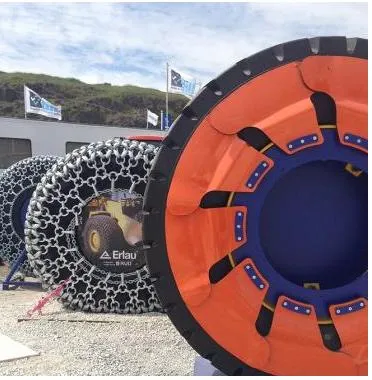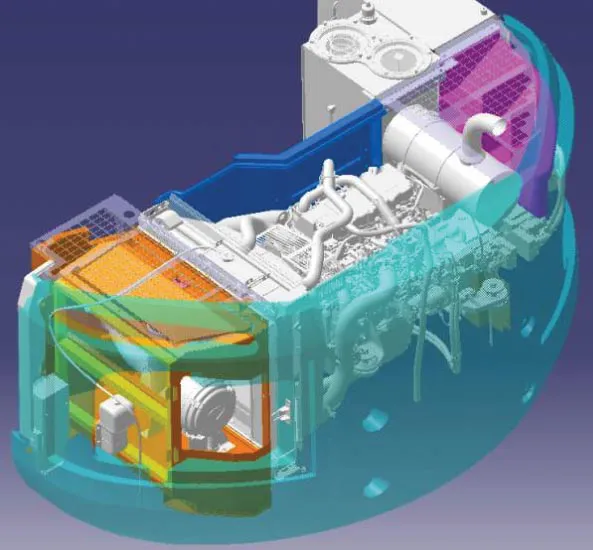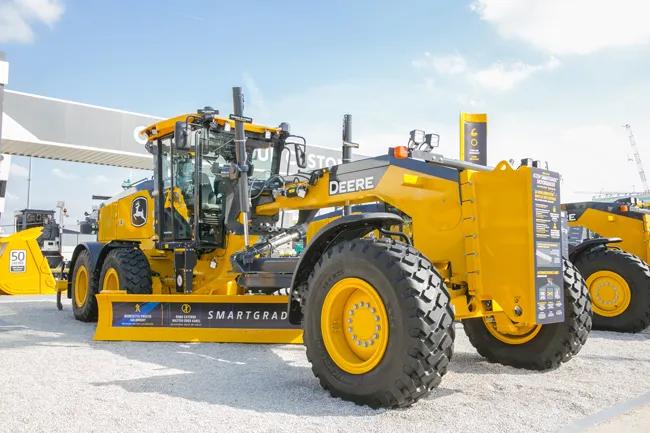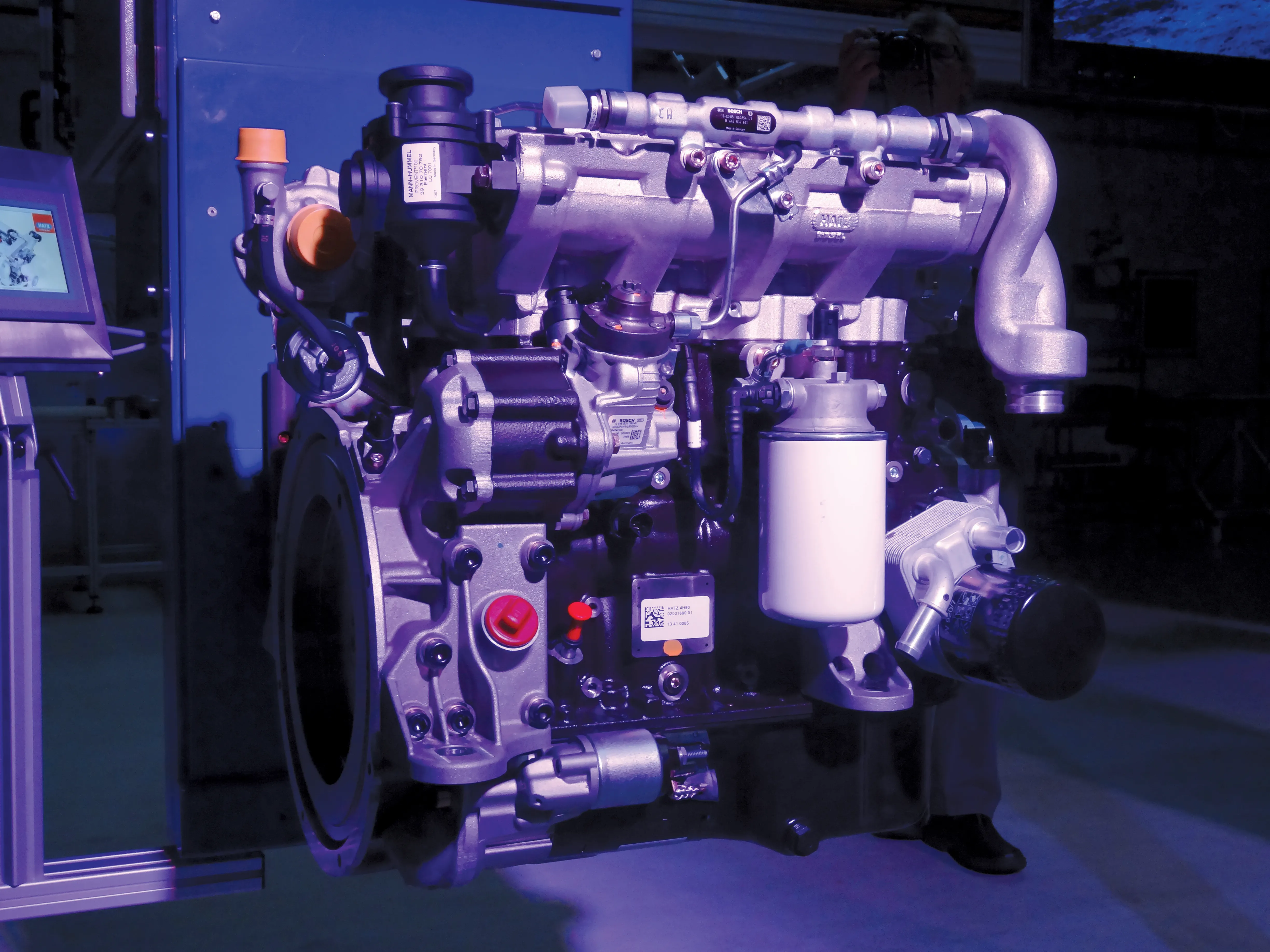With the cyclical lull in the demand for mineral resources coinciding with increased manufacturing capacity, the scramble to secure and stockpile spare earthmover tyres may have abated.
However, when these hand-built tyres can cost as much as US$40,000 apiece, owners of big and small loaders, haul trucks and other mobile plant should not be complacent about tyre protection. While strictly-observed maintenance regimes play an important part in tyre preservation, the only certain way to either reduce attriti
January 6, 2017
Read time: 2 mins

With the cyclical lull in the demand for mineral resources coinciding with increased manufacturing capacity, the scramble to secure and stockpile spare earthmover tyres may have abated.
However, when these hand-built tyres can cost as much as US$40,000 apiece, owners of big and small loaders, haul trucks and other mobile plant should not be complacent about tyre protection. While strictly-observed maintenance regimes play an important part in tyre preservation, the only certain way to either reduce attrition from abrasion or heat, prevent cuts and sudden-death sidewall piercing or ensure safety through traction is to fit tyre protection chains (TPC), says3196 Erlau.
“5930 Bauma China offers an excellent opportunity to see the latest developments in TPC technology and discuss the value-added advantages of extended tyre life, assured plant availability, increased productivity and significant reductions in the cost per loaded tonne achieved by fitting Erlau’s TPC,” says the company, which claims a commanding 65% market share. “The inventor of the TPC, Erlau has evolved energy-saving, long-lasting, lightweight advanced-alloy TPCs along with innovative components that make TPC installation and removal quicker, safer and more economical.”
In a recent departure from its metallurgical primacy, Erlau has adapted automotive polymers to produce what it says is the first, viable, sidewall protection for haul truck tyres.
However, when these hand-built tyres can cost as much as US$40,000 apiece, owners of big and small loaders, haul trucks and other mobile plant should not be complacent about tyre protection. While strictly-observed maintenance regimes play an important part in tyre preservation, the only certain way to either reduce attrition from abrasion or heat, prevent cuts and sudden-death sidewall piercing or ensure safety through traction is to fit tyre protection chains (TPC), says
“
In a recent departure from its metallurgical primacy, Erlau has adapted automotive polymers to produce what it says is the first, viable, sidewall protection for haul truck tyres.








